Recently, writer Phung Van Khai - Deputy Editor-in-Chief of the Army Literature Magazine had a meeting and talked with writer Chau La Viet about Dien Bien Phu in literary and artistic culture. Reporter Bao Tho recorded the conversation.
Writer Phung Van Khai: Dear Mr. Chau La Viet, we have done a lot of work on culture, literature and art. In particular, you yourself have many books about the Truong Son road and until now, at an old age, you are still writing diligently, your pen is still very stylish. I would like to know your feelings about culture, literature and art when the country is peaceful like today, especially after your recent trip to Dien Bien?
Writer Chau La Viet: I was asked this question in a very emotional context after having just had a trip to Dien Bien Phu with 70 artists organized by the Vietnam Union of Literature and Arts Associations.
As you know, Dien Bien Phu in recent days with the 70th anniversary has always been bustling with troops, veterans, delegates from provinces... with love and spirit of the historic Dien Bien Phu Victory, and with soldiers always full of energy, from that love people will turn into many concrete actions. I also met many of my comrades, some of whom wore military uniforms and military insignia for the first time in their lives, because in the past they were also on the battlefield like us, but had never worn military uniforms, and on this trip to Dien Bien they were able to wear military uniforms and military insignia, reliving their war memories, even though they were the next generation of the generation that fought Dien Bien Phu.

Writer Chau La Viet and Writer Phung Van Khai (standing row) - Photo: TL
In the group of artists, there was musician Do Hong Quan - currently the Chairman of the Vietnam Union of Literature and Arts Associations. Everyone who met musician Do Hong Quan cheered, because it was like meeting the image of musician Do Nhuan - a very strange artist in Vietnamese history, he was the only prisoner who became a great musician, and the great and outstanding thing about Do Nhuan was first of all having a series of works about Dien Bien Phu such as: Hanh Quan Xa, Chien Thang Him Lam, Giai Phong Dien Bien... His lyrics were very profound and sincere.
On May 7, on Dien Bien Phu, nearly twenty thousand cadres, soldiers, and frontline workers... paraded, fired 21 rounds of artillery shells, and had 9 planes flying the national flag flying around Dien Bien Phu's sky. So what did our literary and artistic forces have in that parade? I would like to tell you, it was the "Opera Him Lam Moon" with music by musician Do Hong Quan as a pinnacle of literary and artistic work. Of course, there were also poems, and even epics like "Dien Bien Symphony" by poet Huu Thinh, but Opera is always the pinnacle of world music. Writing about Dien Bien, we have had plays, operas, films... about Dien Bien. But this is the first time we have an Opera about Dien Bien.
Returning to writer Phung Van Khai's question about my thoughts on literature and art in the current context of the country, I find it very difficult to describe, because there are times when the country's literature and art are excited like a poet, a young man in love, then the emotions are soaring, maybe the context is excited so literature and art are boiling like that.
Writer Phung Van Khai: Dear Chau La Viet, I also just had a trip to Dien Bien early last April, I worked with the Dien Bien Provincial Military Command and saw that the atmosphere of our 70th anniversary of Dien Bien Phu was both solemn and profound, humane. The entire organization was arranged very well, but what we care about is the artists who were present in the Dien Bien trenches, I also knew musician Do Nhuan when he wrote the song "Him Lam Victory" and especially the folk songs, poems read in the trenches, sung in the trenches. I also went to Hill A1 Cemetery and saw that the number of martyrs whose names are still unknown is very large, in the 56 days and nights of blood and fire, there were nearly 4,000 martyrs whose names were not written...
So as a writer who grew up during the anti-American war, how do you see the Dien Bien Phu spirit and what lessons can you learn from the historic Dien Bien Phu victory to send to future generations?
Writer Chau La Viet: I will answer the question about Dien Bien Phu's spirit among writers and artists first with 3 stories:
The first story, in the army when we went to Muong Phang, when musician Do Hong Quan appeared, he was loved by many officers and soldiers. They loved him not only because of Do Hong Quan today, but also because they saw the image of Mr. Do Nhuan in him. Everyone shook hands and asked to take pictures.
Stranger is the second story. Poet Vu Quan Phuong is 85 years old but still insists on going to Dien Bien with young artists. For a long time, Mr. Phuong rarely appeared in public, but when meeting him, people still asked to take pictures with Mr. Phuong because they loved his poetry, and were moved today to see him, despite his old age, still going to Dien Bien as their great love...
The third story, there was a girl who said to Mr. Phuong: "Uncle! Let me go with you, when you get tired, let me carry you". I was a bit surprised, and at first I thought there was a service to take the elderly to Muong Phang. When I asked, I found out that this girl's name was Thu Hien, very young and pretty, the Vice President of the Dien Bien Literature and Arts Association. She volunteered to carry the elderly to Muong Phang, where General Vo Nguyen Giap's command bunker is...
Through the above stories, we can see how eager artists are to come to Dien Bien, and how the people feel about artists coming to Dien Bien!
Writer Phung Van Khai: Can you tell us more about the new novel published on the occasion of the 70th anniversary of the Dien Bien Phu Victory?
Writer Chau La Viet: I would like to introduce to writer Phung Van Khai that this time I have a novel "Him Lam Moon" to celebrate the 70th anniversary of the historic Dien Bien Phu Victory, assigned to me by the Army Writing Camp, the General Department of Politics, the Ministry of Culture, Sports and Tourism. I was also very hesitant to accept the assignment because there were writers such as Huu Mai, Ho Phuong, Dung Ha... who had written very well about Dien Bien. But I was able to write it because when I was young, I lived with Dien Bien artists and discovered that the Literature and Arts Corps also contributed to the Dien Bien victory.
When I finished writing this work, the Army Publishing House immediately printed it to release in time for the 70th anniversary of the Dien Bien Phu Victory. Hoang Du's Literature and Arts Times invited me to compete in a novel contest. More specifically, musician Do Hong Quan immediately turned it into an Opera.
In fact, this novel and the Opera by musician Do Hong Quan have received a lot of attention from agencies and individuals, enough to understand how much people love literature and art, and the victories of Dien Bien. This is also a reminder to artists and writers that Dien Bien will forever be a topic like Bach Dang, Chi Lang, Dong Da..., and certainly the country and the people will never forget and take great care of the artists and writers who wrote excellent works about Dien Bien.
Writer Phung Van Khai: I was very touched when Mr. Chau La Viet mentioned the team of artists who directly participated in the historic Dien Bien Phu Campaign, including those in my agency such as Major General and writer Dung Ha; writer Ho Phuong; poet Thanh Tinh... We, the next generation, all remember the historical milestones, the contributions of blood, bones, and intelligence of you guys to Dien Bien. In today's conversation, I would like to thank Mr. Chau La Viet - who is both a brother and a friend of the Army Literature and Arts and also my brother and friend. I wish you all peace and happiness!
Writer Chau La Viet: Thank you very much writer Phung Van Khai!
Bao Tho (performed)
Source


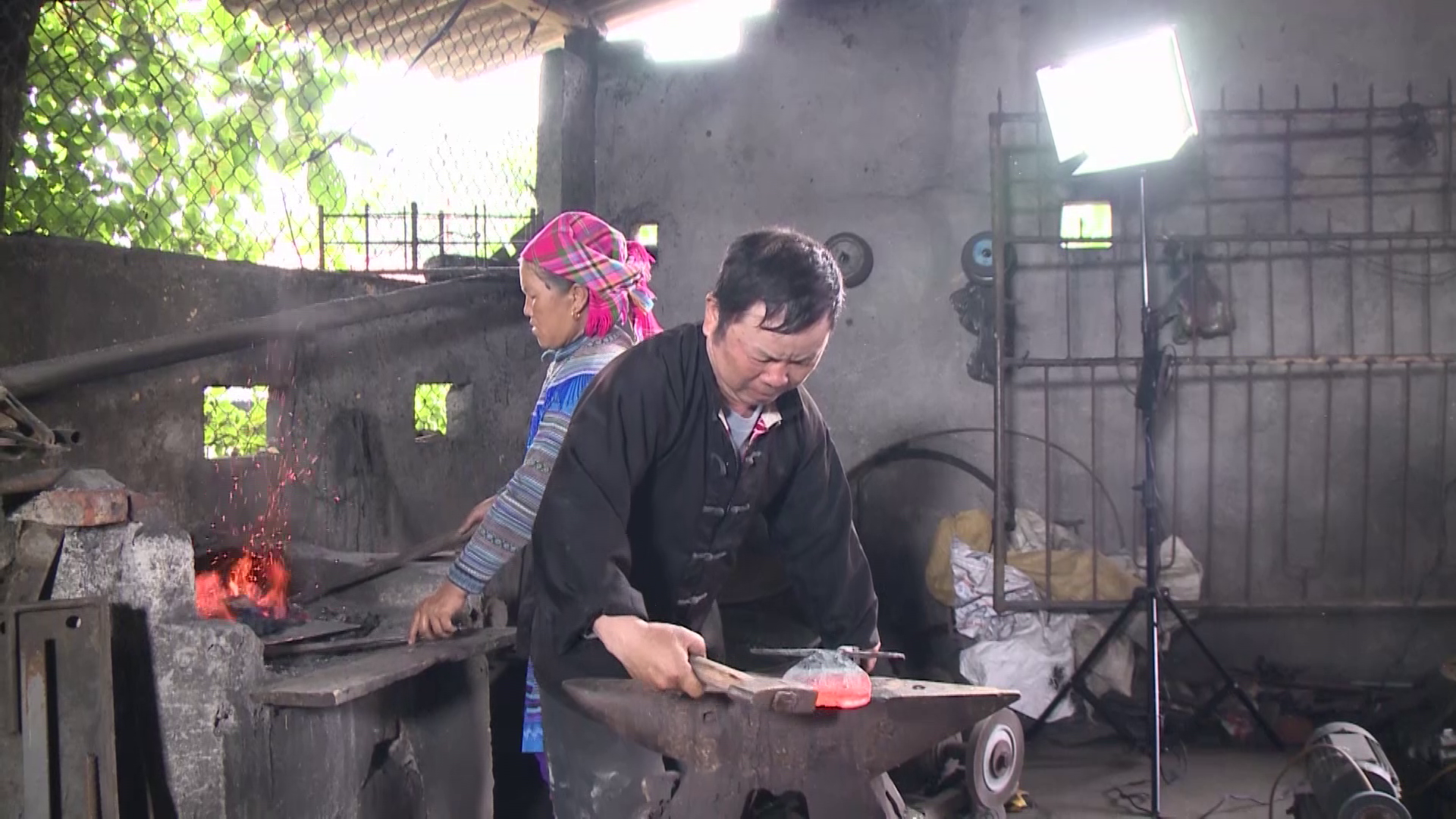

![[Photo] Prime Minister Pham Minh Chinh receives Mr. Jefferey Perlman, CEO of Warburg Pincus Group (USA)](https://vstatic.vietnam.vn/vietnam/resource/IMAGE/2025/4/18/c37781eeb50342f09d8fe6841db2426c)
![[UPDATE] April 30th parade rehearsal on Le Duan street in front of Independence Palace](https://vstatic.vietnam.vn/vietnam/resource/IMAGE/2025/4/18/8f2604c6bc5648d4b918bd6867d08396)

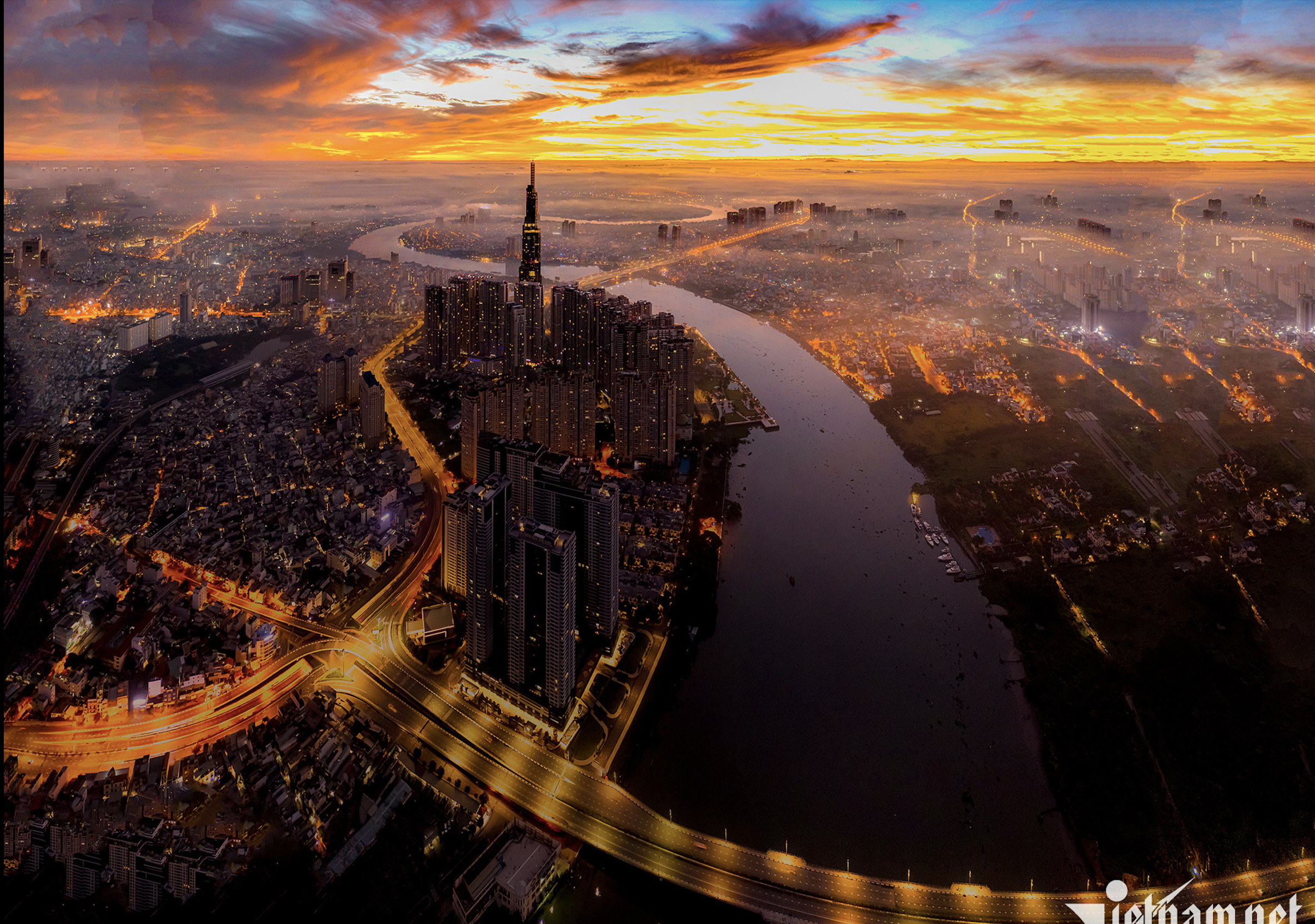
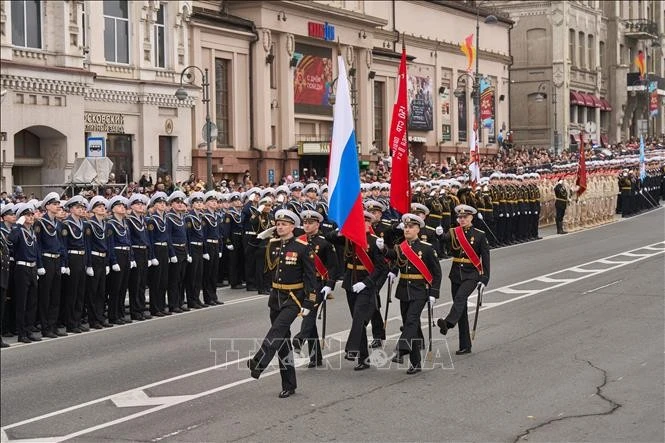

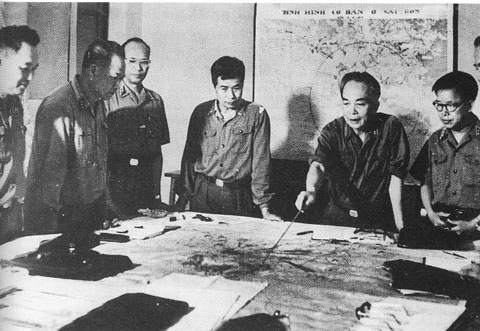

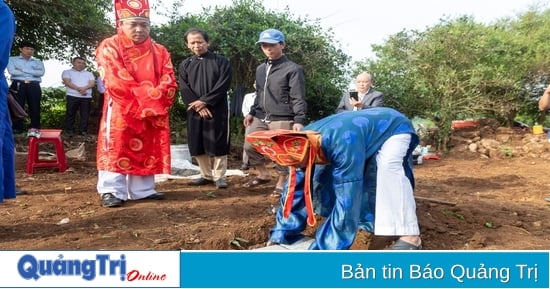

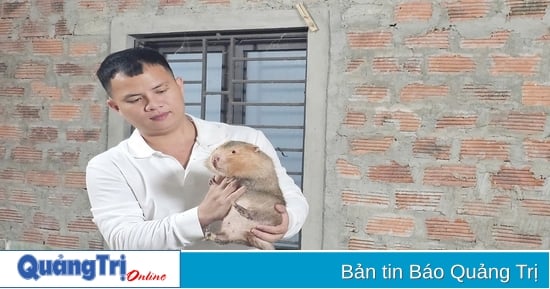
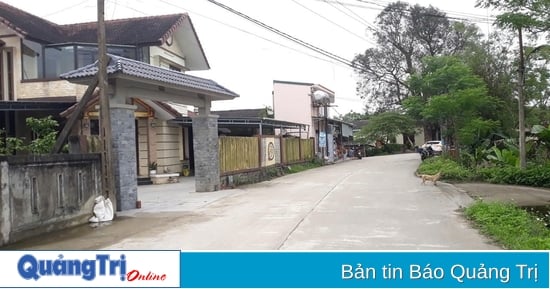
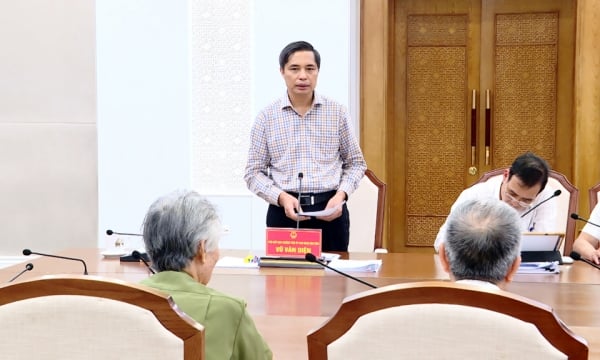
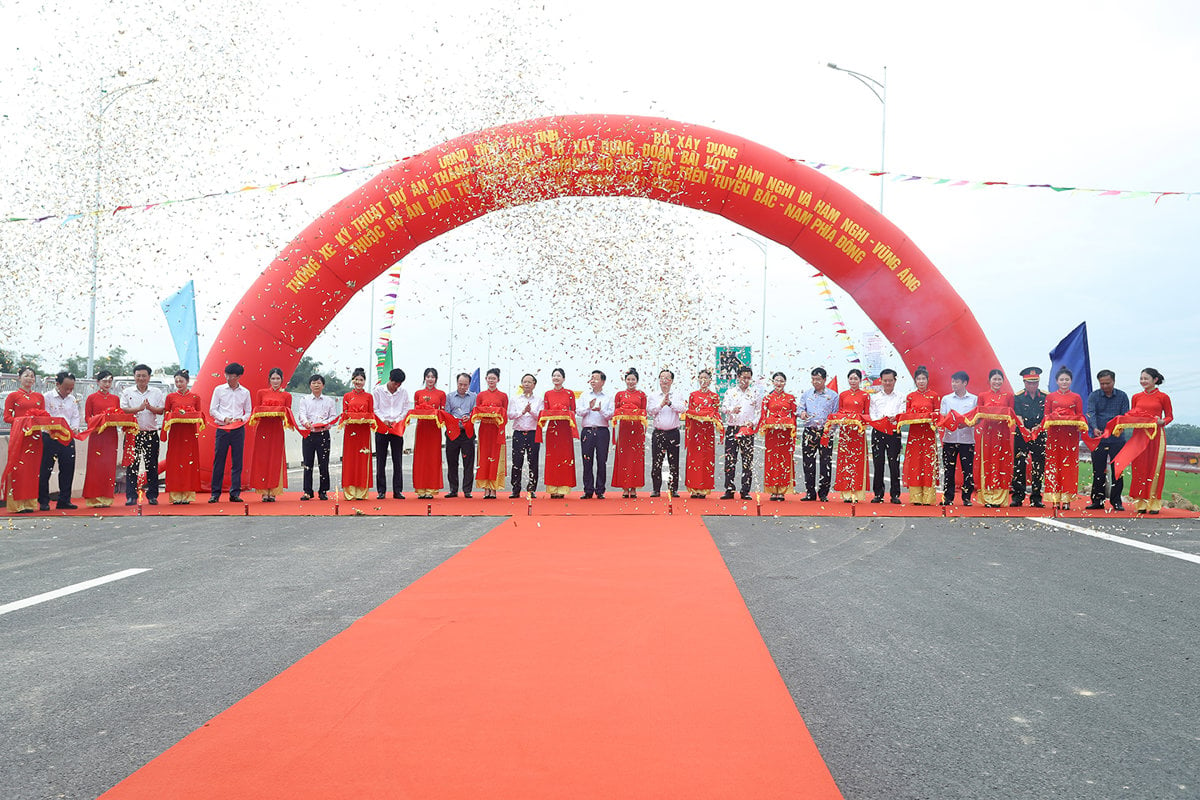
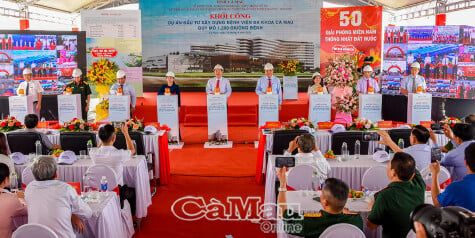
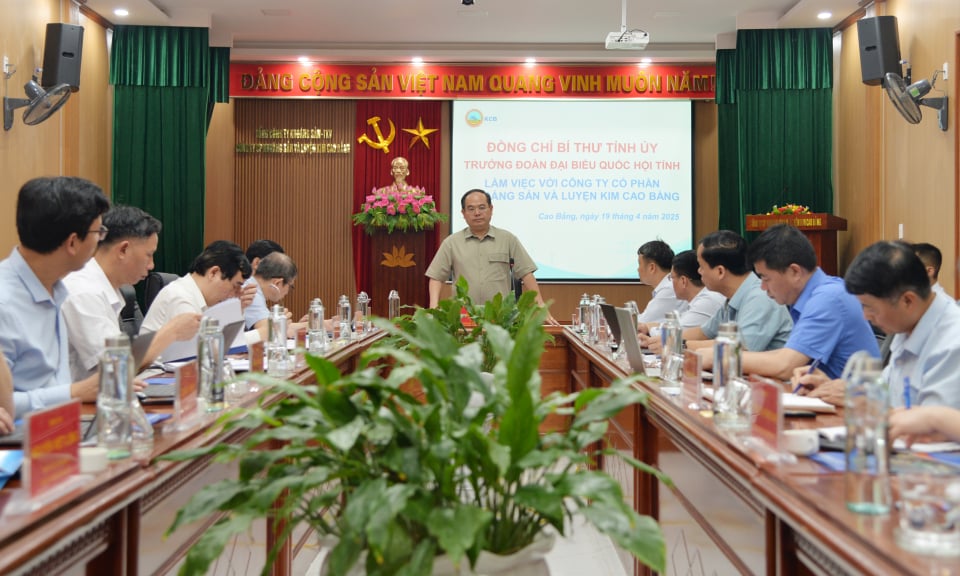
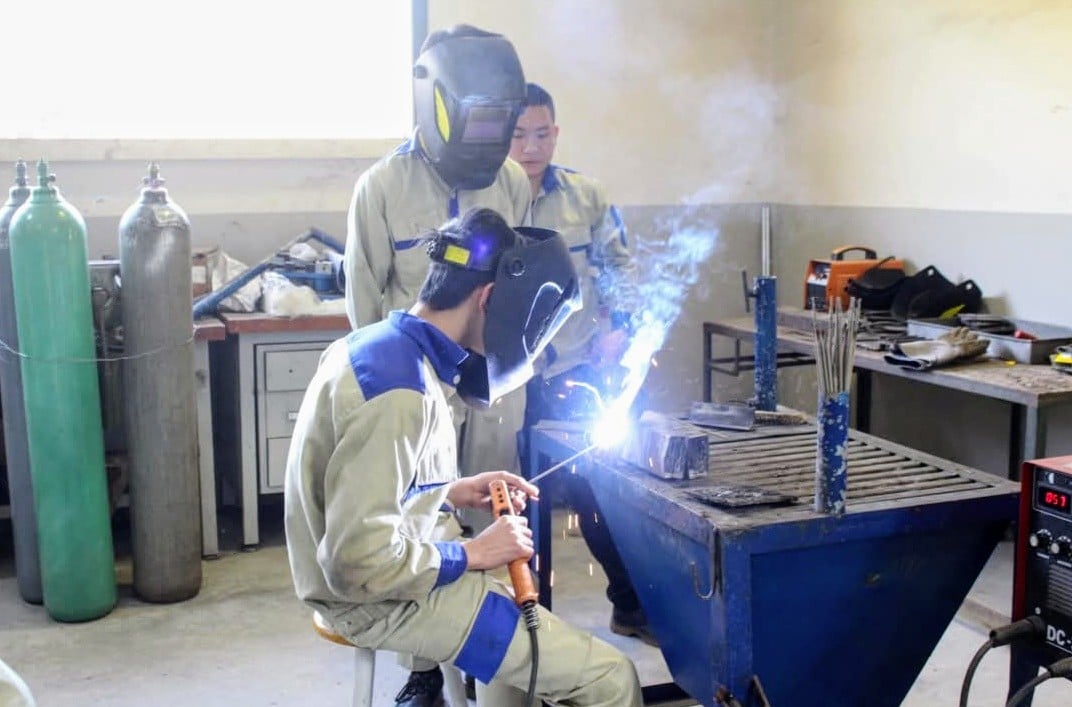
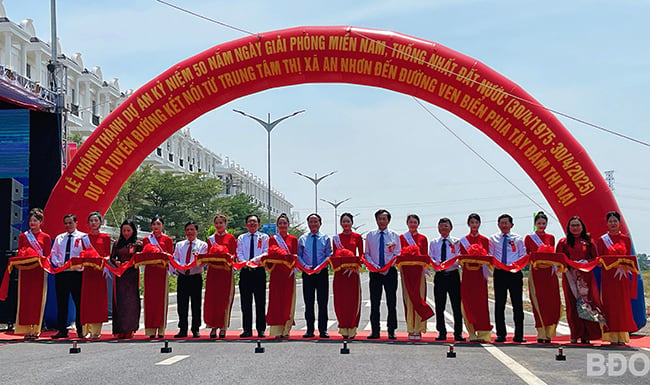




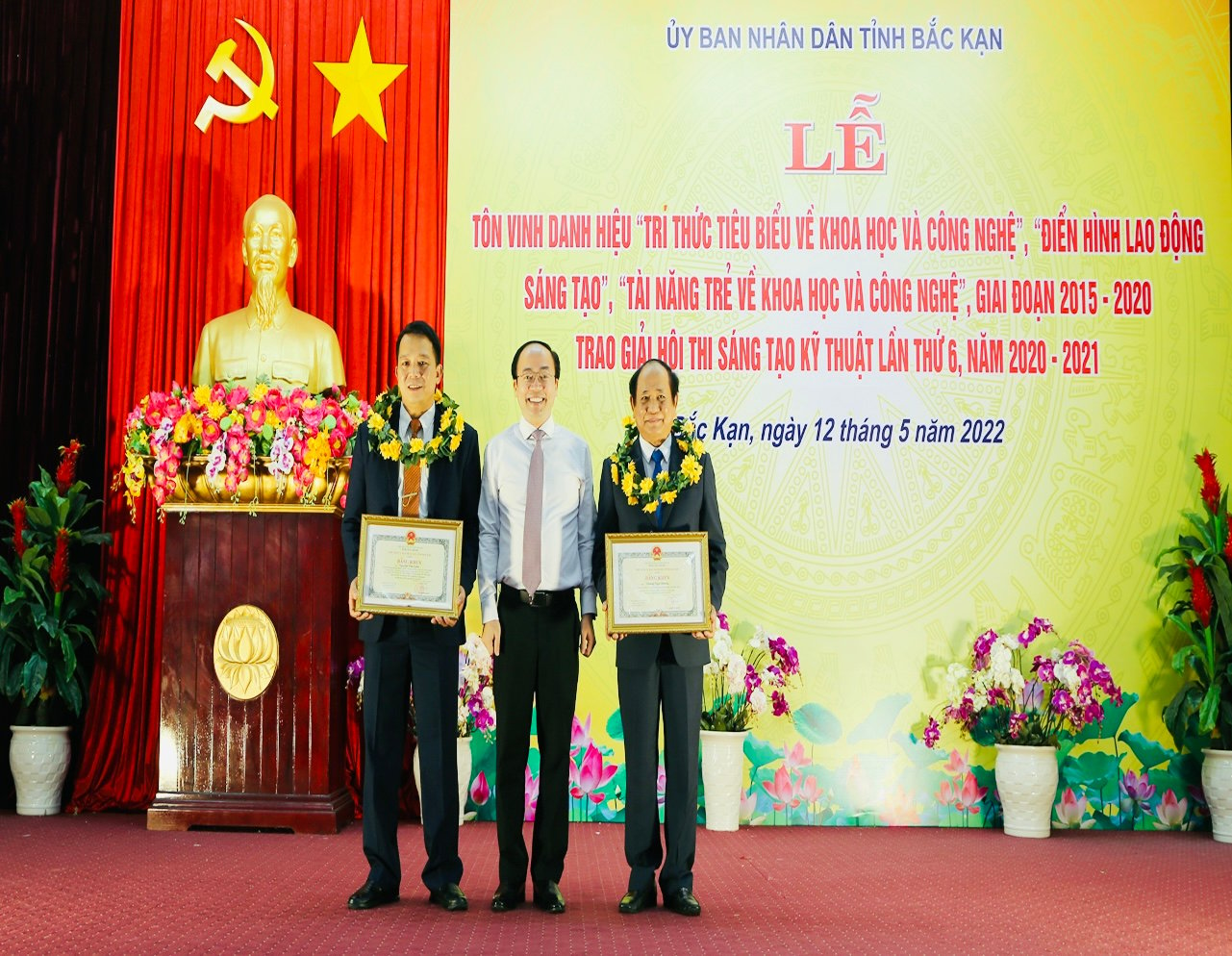

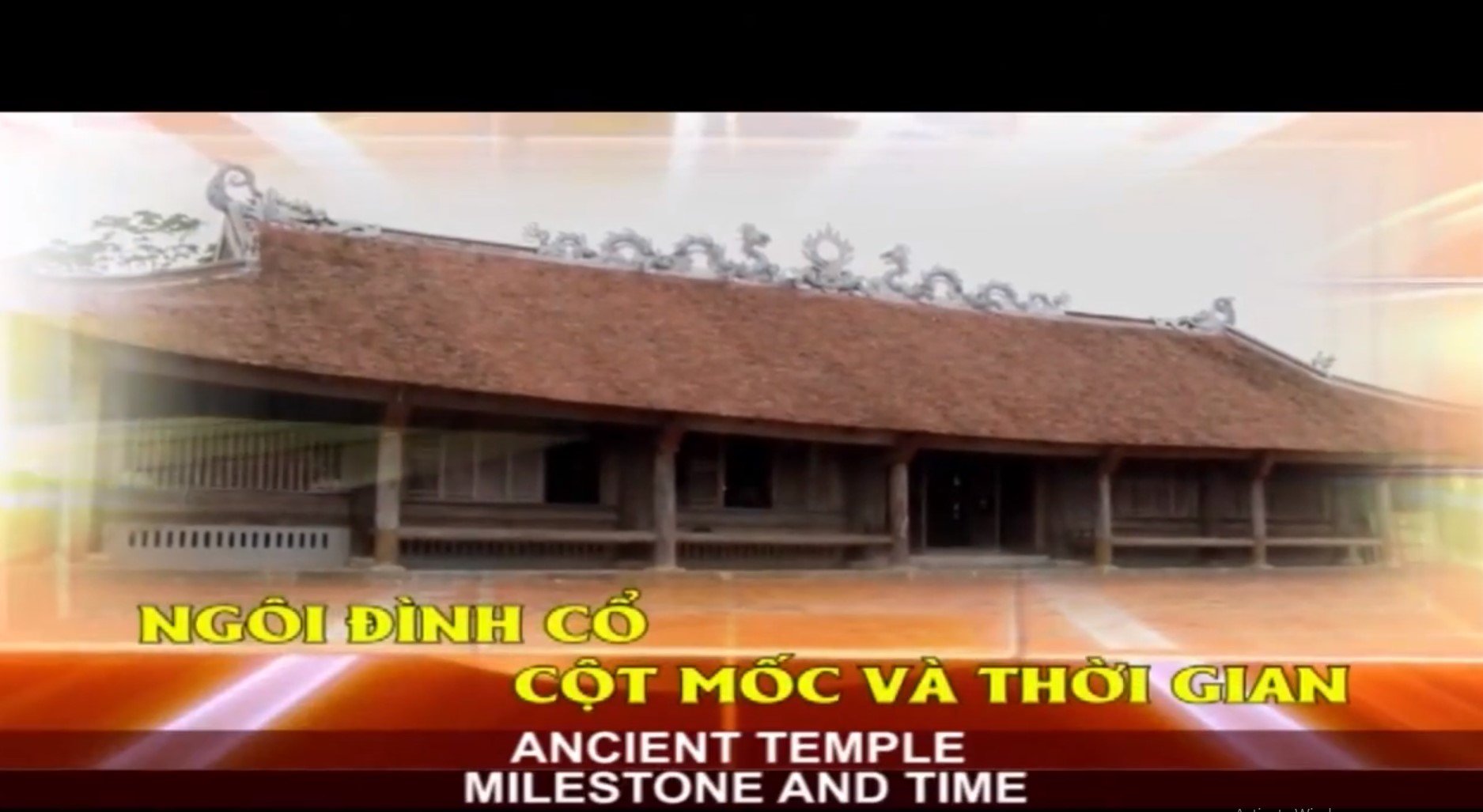
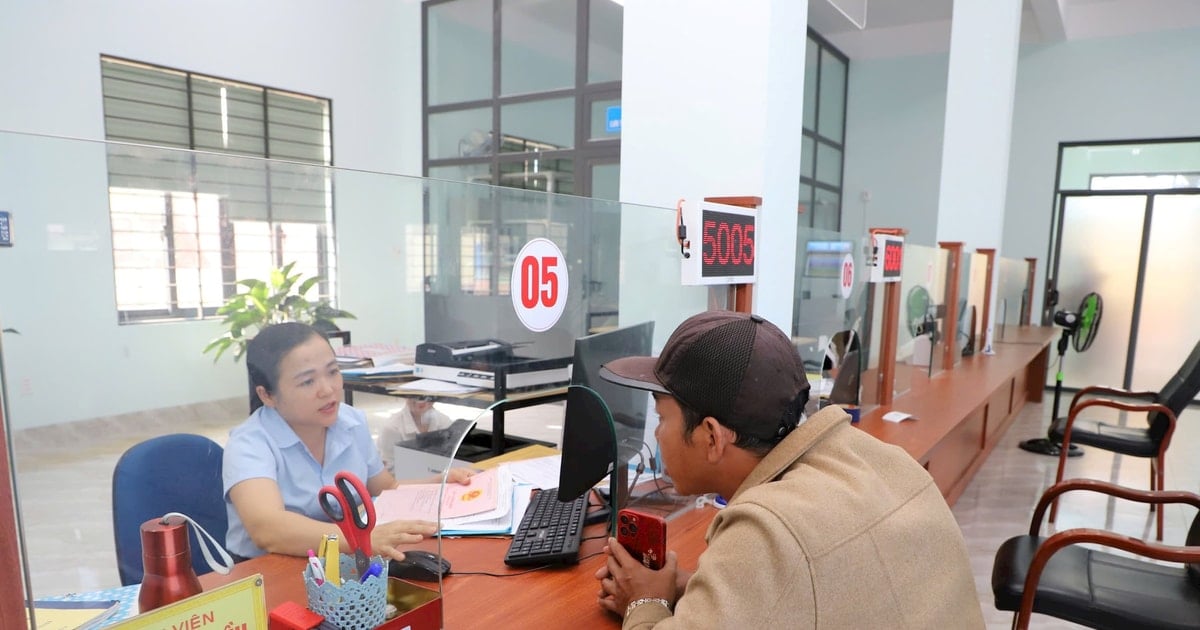
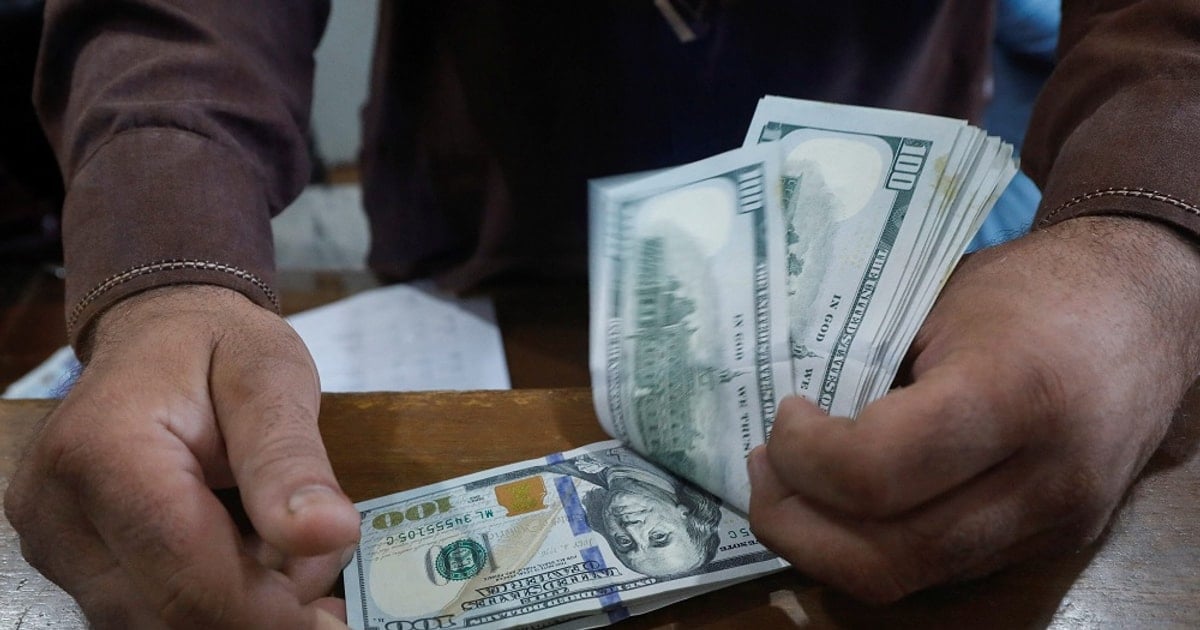
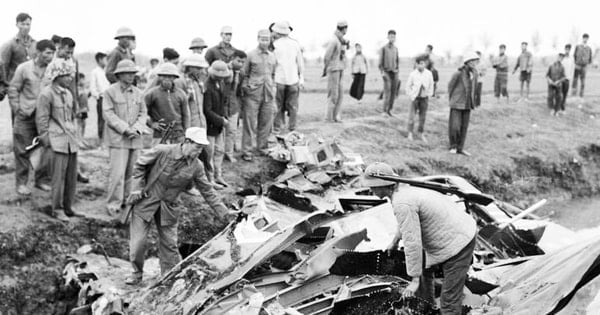


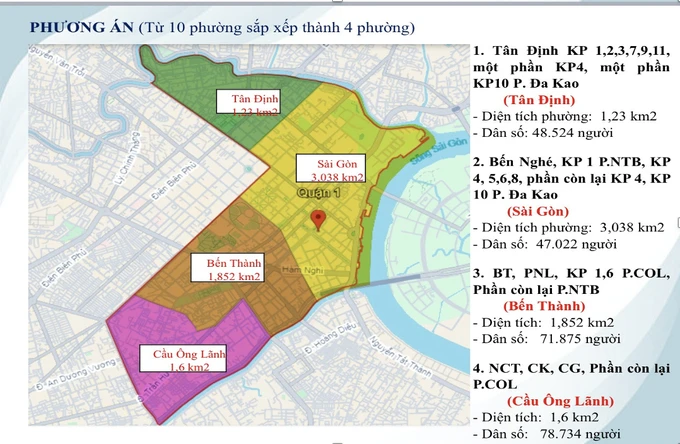

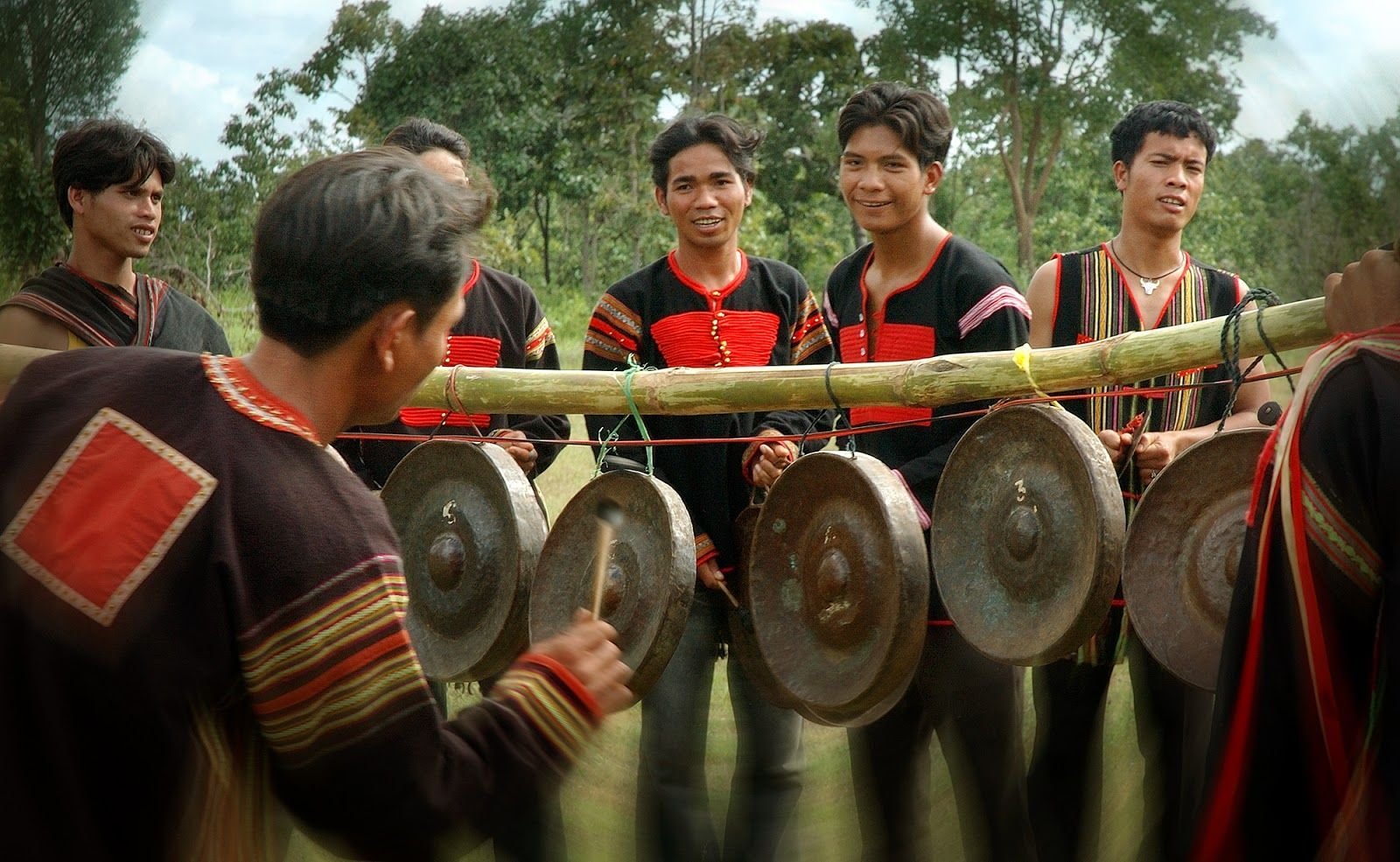

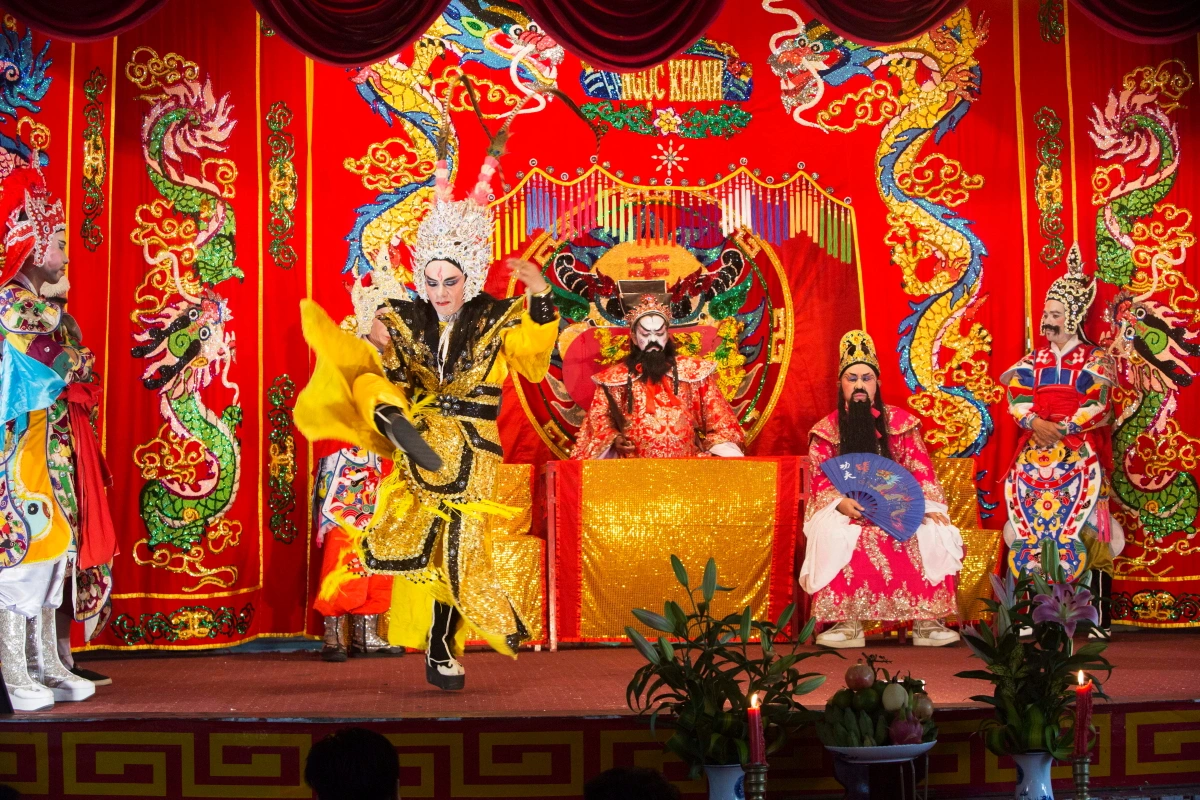

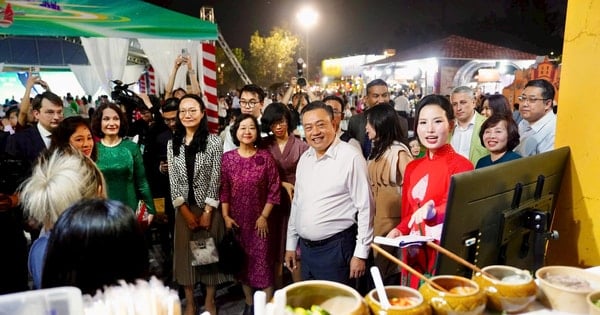

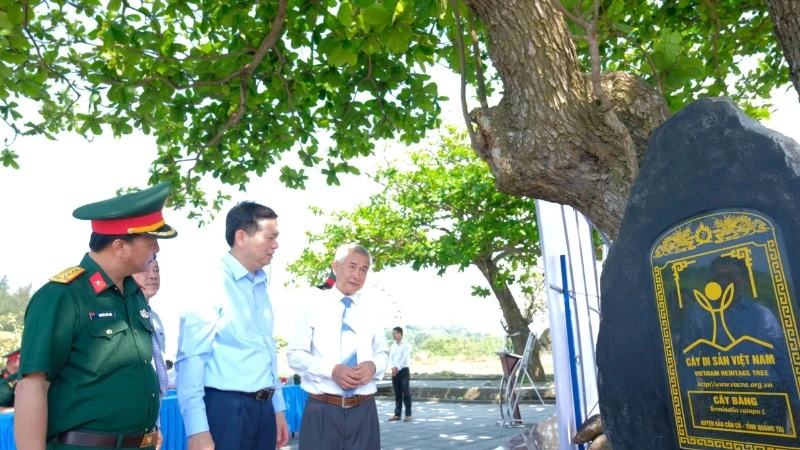







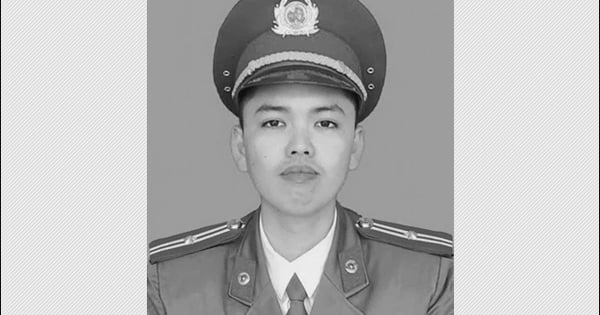






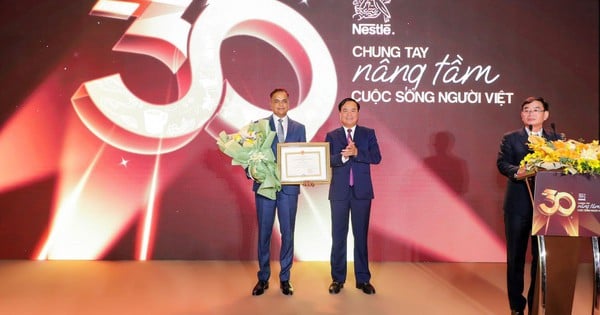

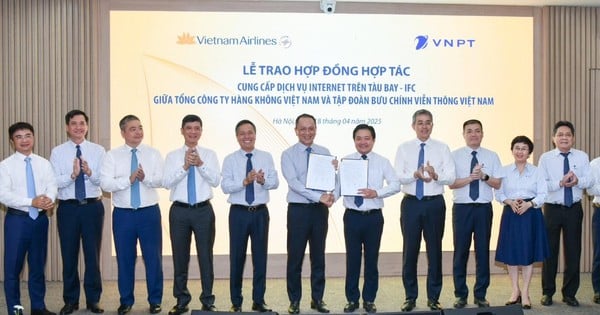




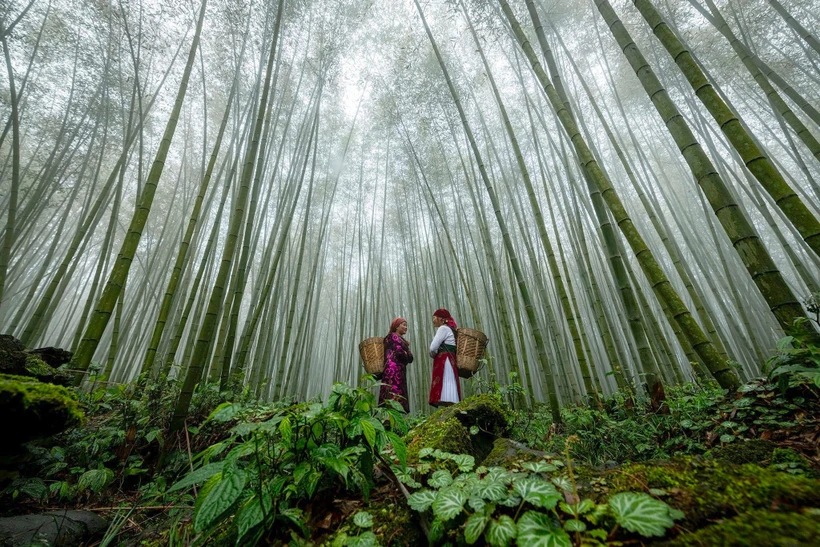

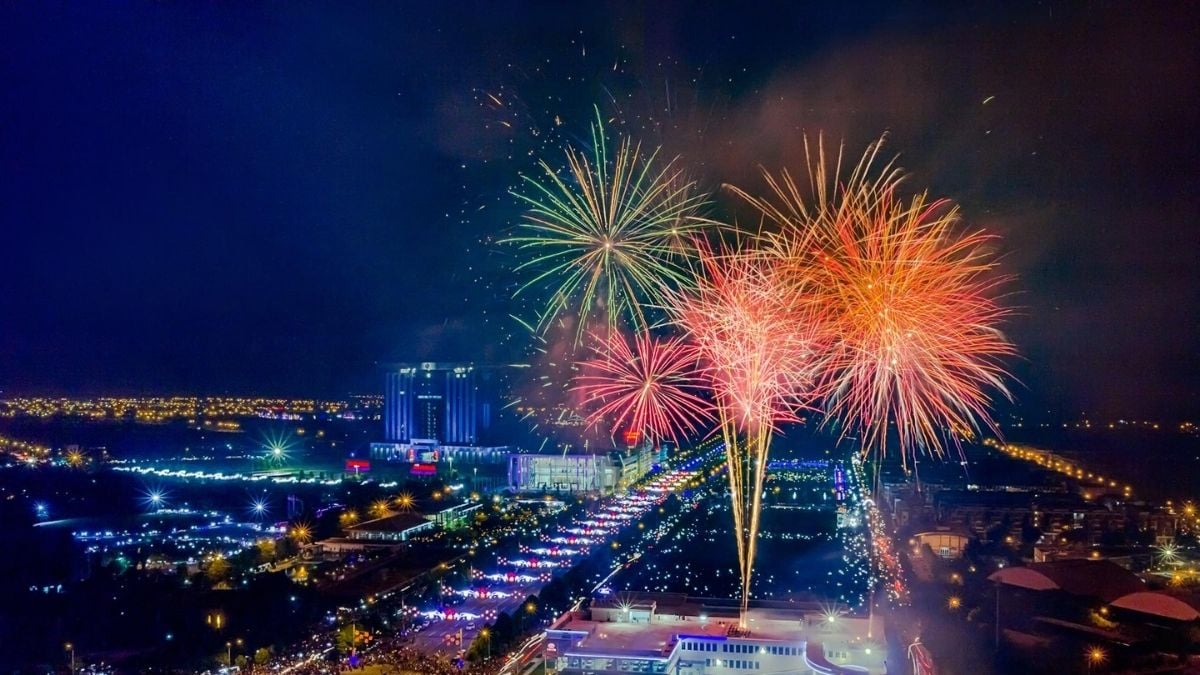
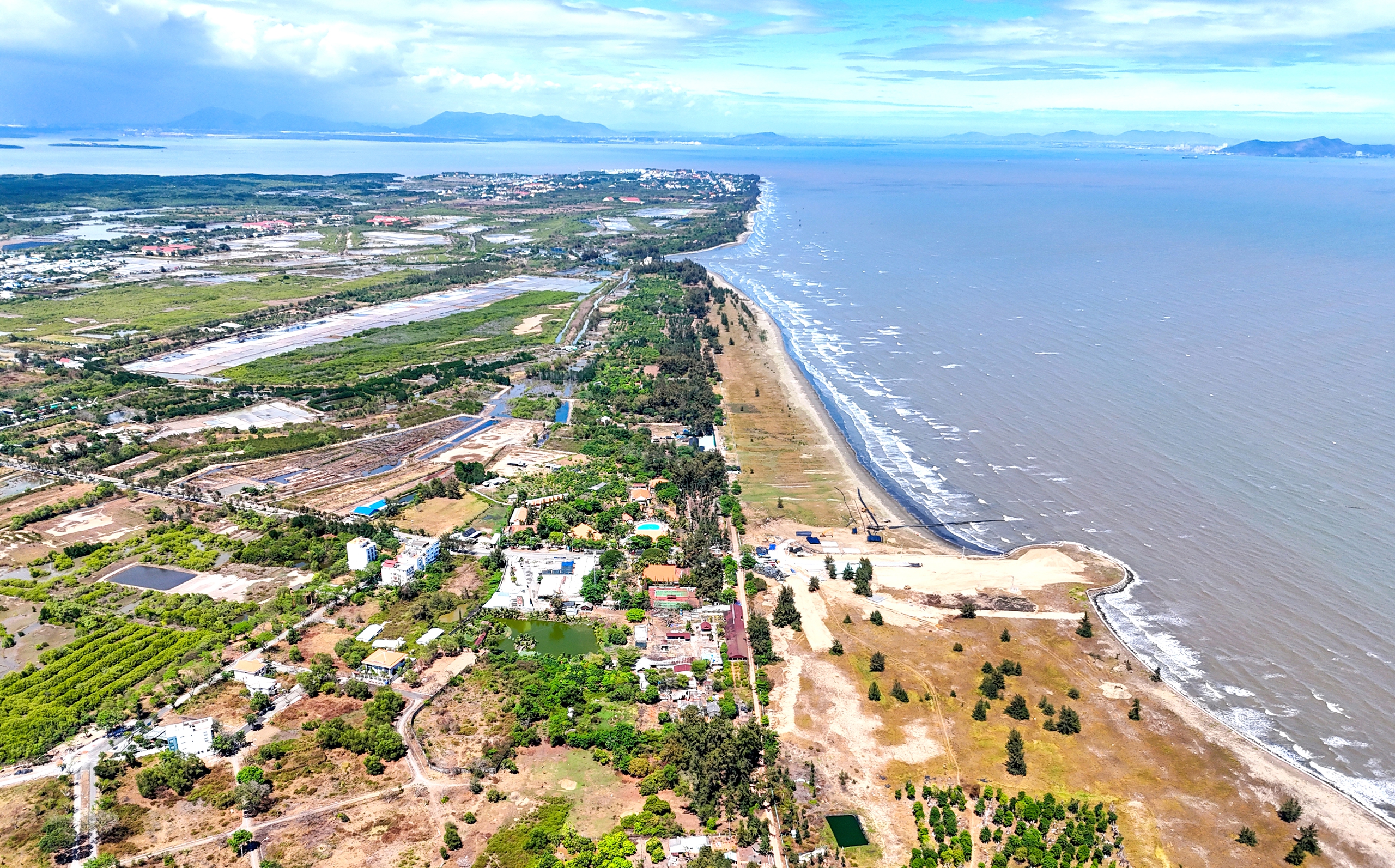





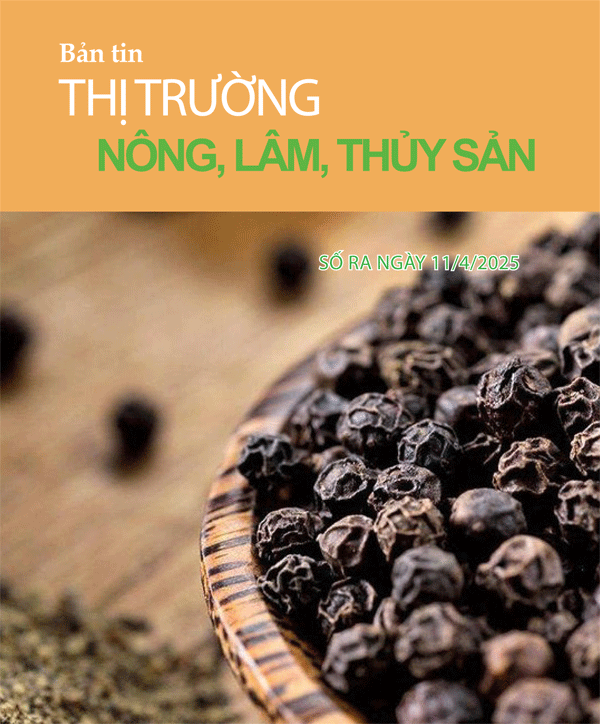

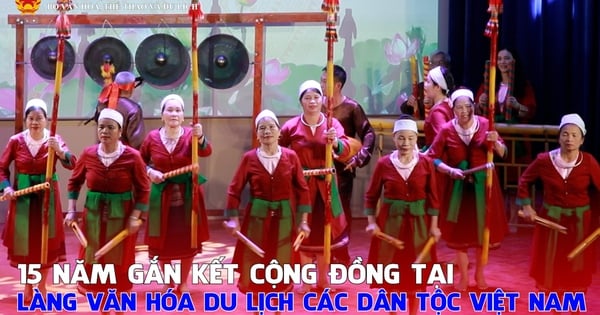

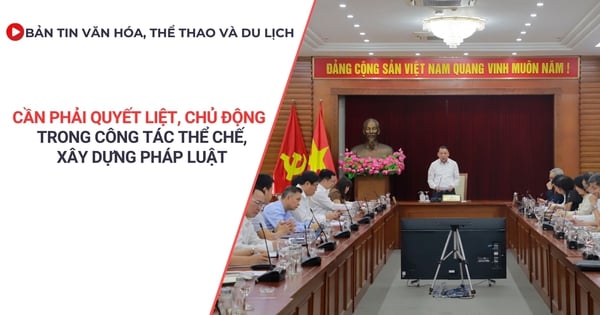




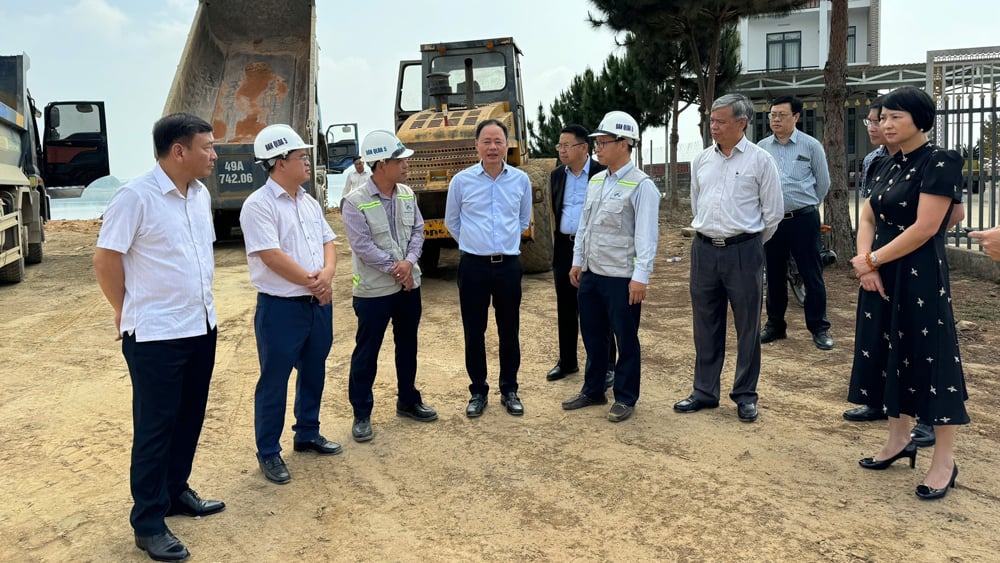

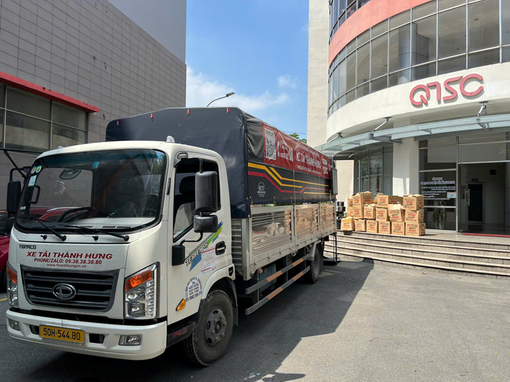

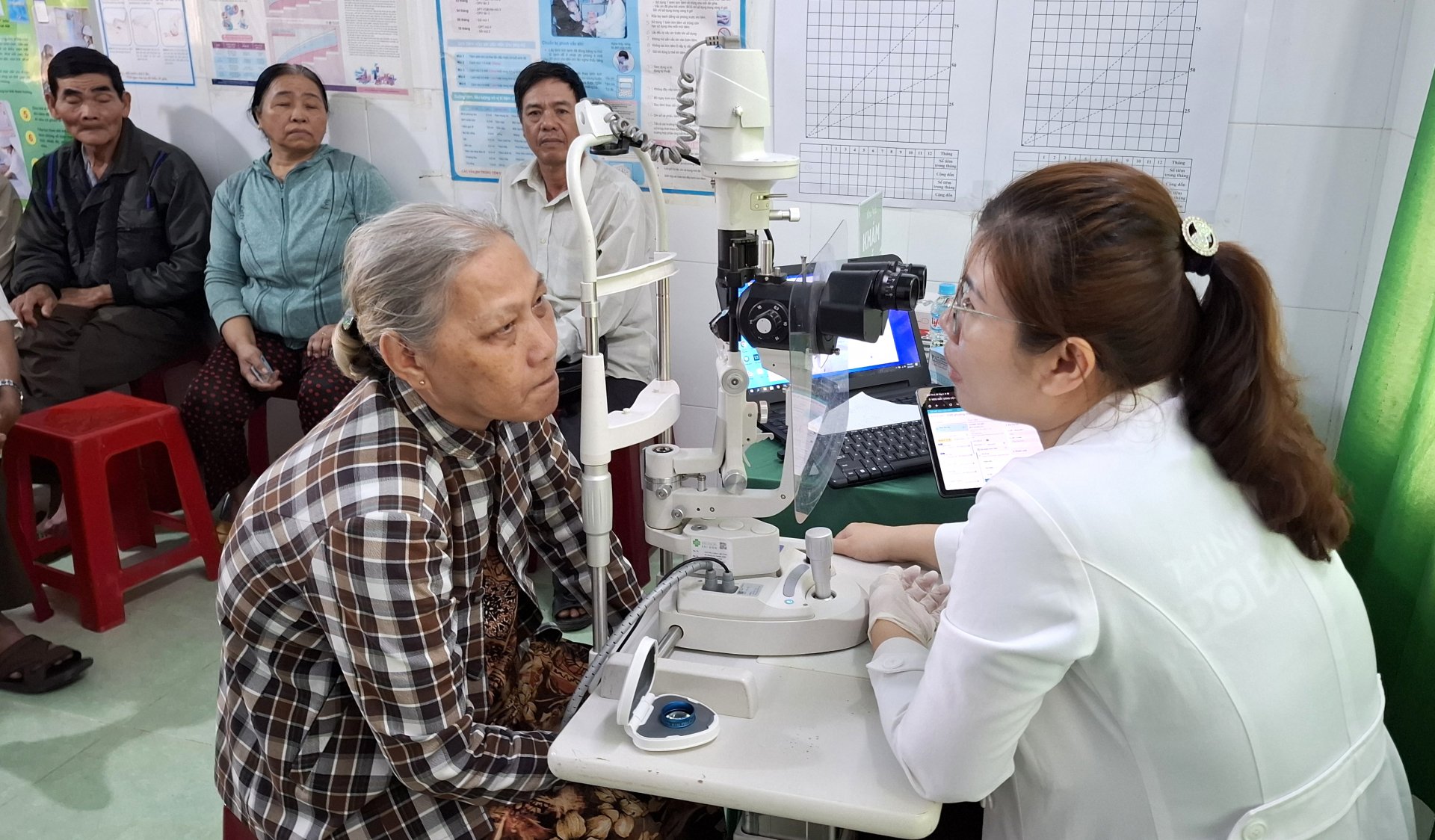

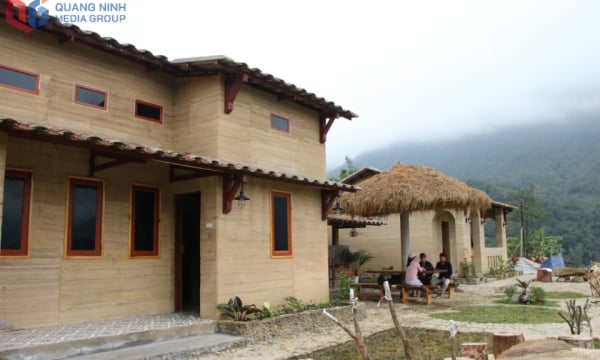

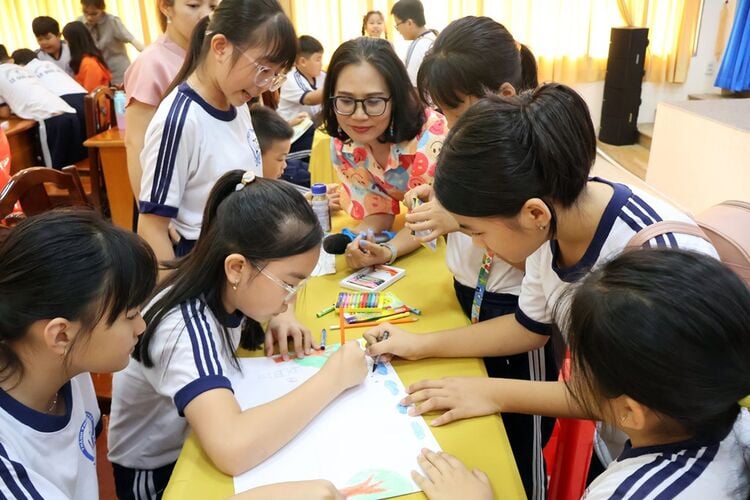

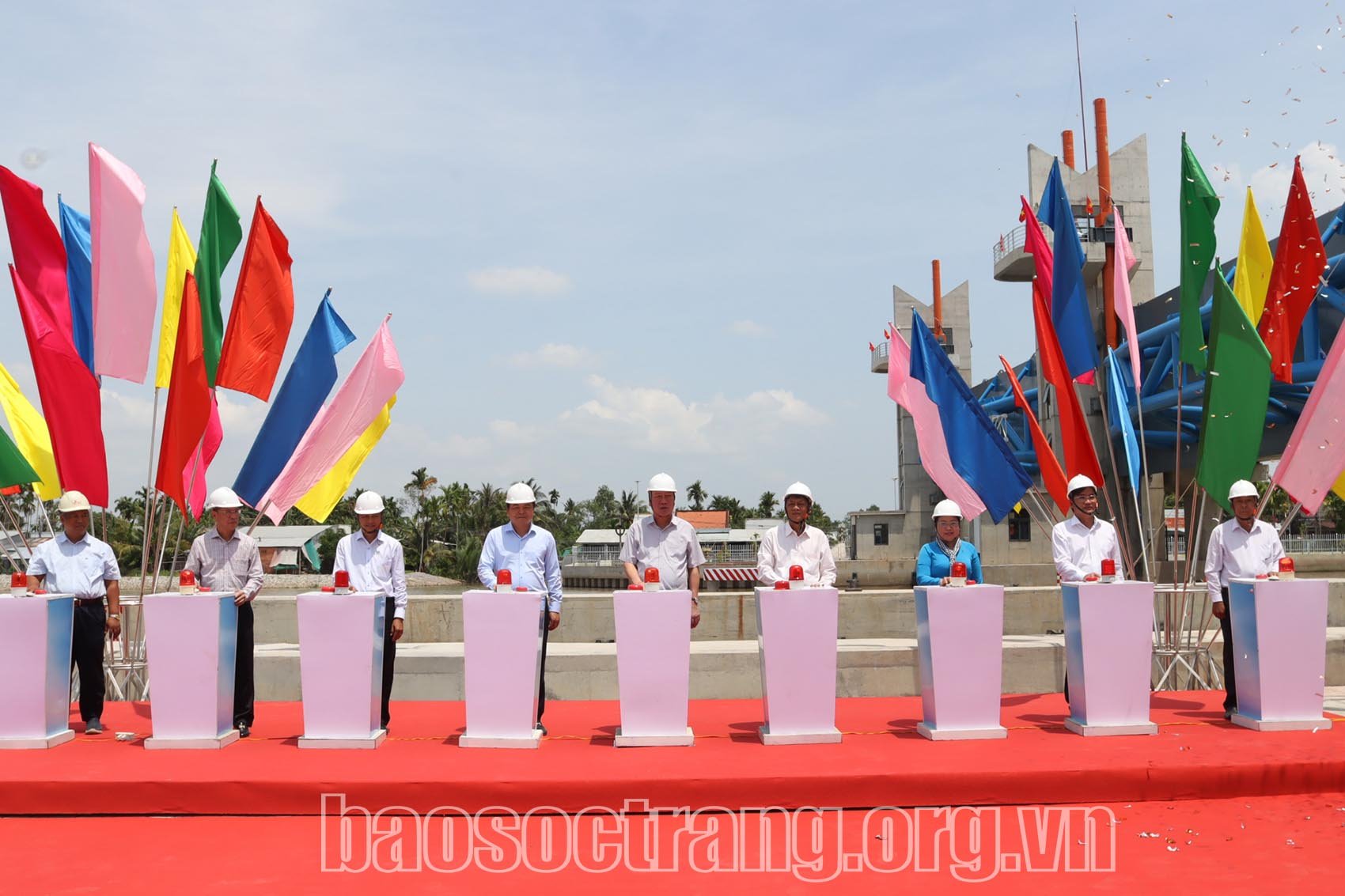









Comment (0)